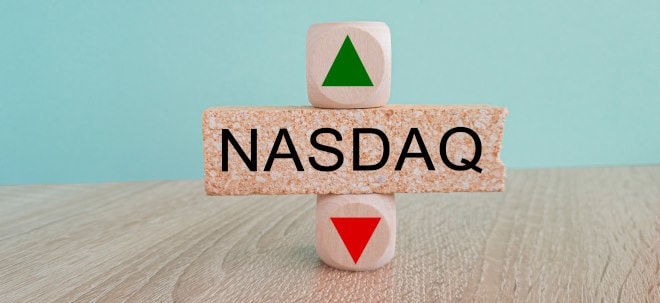Presentation Abstract
Session: Late Breaking Poster Session
Abstract Number: 87-LB
Title: Bedtime Oral Insulin Lowers Fasting Blood Glucose Levels in T2DM Patients
Presentation Start: 6/15/2014 12:00:00 PM
Presentation End: 6/15/2014 2:00:00 PM
Authors: JOEL NEUTEL, MIRIAM KIDRON, EHUD ARBIT, KENNETH HOMER, Tustin, CA, Jerusalem, Israel, Cedar Knolls, NJ
Abstract: Bedtime insulin administration has been suggested to best counteract abnormal morning fasting blood glucose (FBG) levels, a harbinger of diabetes and a key obstacle to optimal glycemic management in T2DM patients. However, many early-stage patients resist introduction of insulin injections into their routine. The pursuit of an orally bioavailable insulin formulation has been driven by the notion that it can both increase patient compliance, and better mimic the physiological route of naturally secreted insulin, consequently lowering risk of hypoglycemia. In this randomized, double-blind, placebo-controlled study, the pharmacokinetics and pharmacodynamics of bedtime administration of the ORMD-0801 oral insulin were assessed in 30 adult T2DM patients inadequately controlled with diet and exercise and/or metformin. Following a 5-day placebo run-in period, a blinded continuous glucose monitor (CGM) was implanted and patients received a single placebo dose on day 1, followed by a 7-day, bedtime placebo or ORMD-0801 (460 IU or 690 IU) treatment in an inpatient setting. Plasma insulin and c-peptide levels were monitored for 5-hours postdosing. A manufacturing fault limited 690 IU dose efficacy; the data were excluded from the analysis. No hypoglycemic events were recorded throughout the entire study period. ORMD-0801-treated patients showed consistently higher mean plasma insulin levels throughout the 180 min Day 8 postdosing period, when compared to baseline. Moreover, in the first 60 min postdosing, plasma insulin exposure was 20.53 μIU*h/mL greater among ORMD-0801-treated patients when compared to the placebo arm and followed a concentration-time course similar to that of plasma c-peptide. Fasting CGM data demonstrated a mean -30.24 mg/dL difference between the last two days of active versus placebo treatment. Overall, ORMD-0801 led to a stable, consistent and short-acting rise in plasma insulin levels, which positively impacted FBG concentrations in the treated T2DM patients. |


 Thread abonnieren
Thread abonnieren

